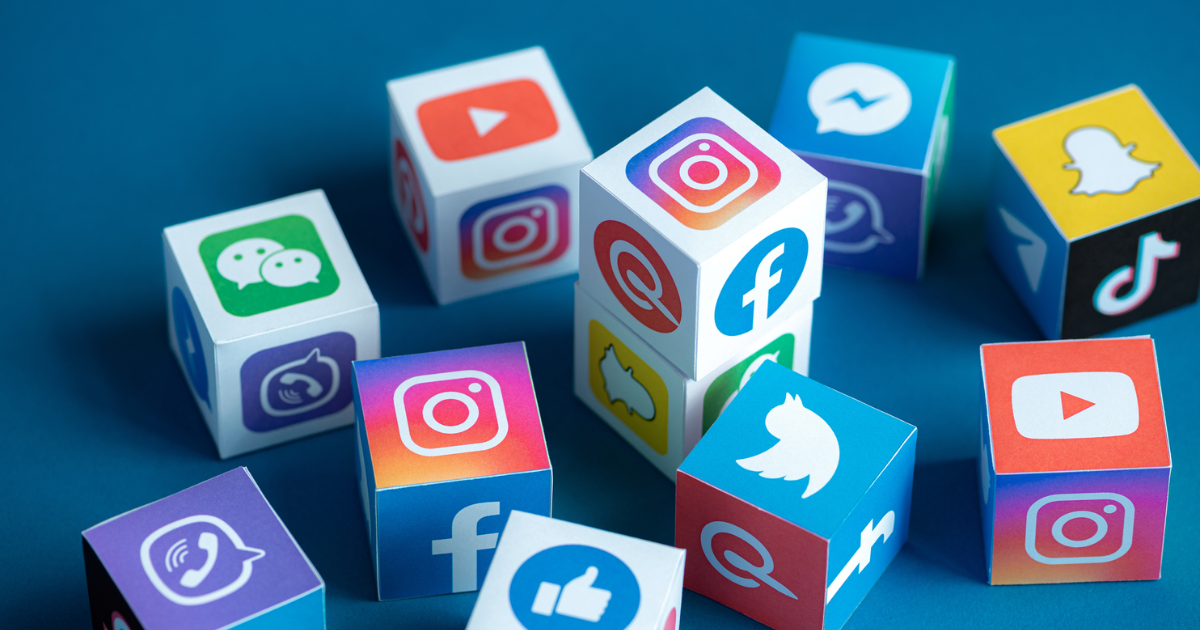The Vietnamese government is planning to require all social media users on platforms such as Facebook, YouTube, and TikTok to verify their identities as part of a new government decree on online information that is scheduled to be issued later this year.
The move is aimed at combating the country’s high online fraud rate, with financial, identity, and romantic scams particularly common, according to the Global Anti Scam Alliance. However, social media restrictions are also used to curb freedom of expression, with government critics with online followings regularly targeted.
According to Nguyen Thanh Lam, deputy minister of information and communications, “unidentified social network accounts will be dealt with.” Lam said the measure would be mandatory, but did not elaborate on potential punishments for breaking the law. There were times when authorities could not track down social media users who violated the law because they used cross-border platforms. This measure would “prevent the using of those platforms to create fraud groups that are untraceable,” Lam added.
Vietnam has one of the highest online fraud rates in Asia, and the government has been ramping up efforts to combat online scams, including requiring mobile phone users to verify their identities earlier this year and asking foreign tech companies to establish representative offices in Vietnam and store data in the country. This requirement is part of a sweeping cybersecurity law introduced in 2018 that compels Facebook and Google to take down posts deemed to be a national security threat within 24 hours.
Facebook, TikTok, and YouTube do not currently require users in Vietnam to verify their identities. The move comes a month after authorities said they would probe TikTok over alleged “toxic content” hosted on the hugely popular Chinese-owned video-sharing app. However, critics argue that the move is also aimed at curbing freedom of expression, particularly as government critics with online followings are regularly targeted.



![[CITYPNG.COM]White Google Play PlayStore Logo – 1500×1500](https://startupnews.fyi/wp-content/uploads/2025/08/CITYPNG.COMWhite-Google-Play-PlayStore-Logo-1500x1500-1-630x630.png)